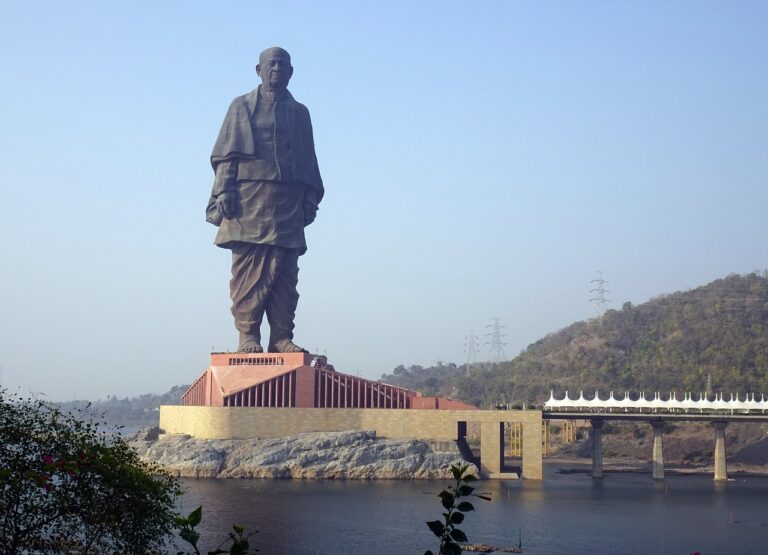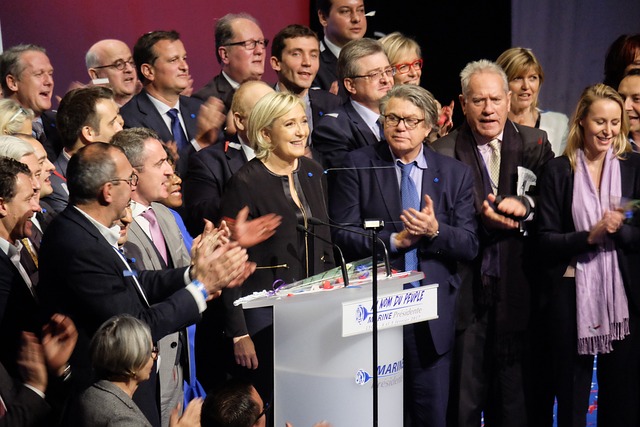Exploring the Impact of Debate Performances on Voter Perception
betbook250 login, reddybook id, playlotus365:Exploring the Impact of Debate Performances on Voter Perception
As we gear up for another election season, one of the key events that can sway voter perception is the candidate debates. These televised showdowns between political rivals have been a staple of democratic elections for decades. But what impact do these debate performances have on voter perception? Do they really make a difference in how we view the candidates vying for our votes?
In this article, we will delve into the world of political debates and explore their impact on voter perception. From body language to policy positions, we will dissect the key elements that can influence how we perceive a candidate based on their debate performance.
Introduction: The Power of Political Debates
Political debates have long been seen as a crucial element of the election process. They provide voters with a chance to see the candidates face off on key issues and showcase their strengths and weaknesses. From the famous Kennedy-Nixon debate in 1960 to the modern-day clashes between presidential hopefuls, these debates can often make or break a candidate’s campaign.
But what is it about these debates that can have such a powerful impact on voter perception? Let’s dive into some of the key factors that play a role in shaping how we view a candidate based on their debate performance.
Body Language: The Subtle Signals That Speak Volumes
One of the most immediate ways that a candidate’s debate performance can influence voter perception is through their body language. From facial expressions to hand gestures, every subtle movement can send a message to the audience about the candidate’s confidence, sincerity, and likability.
A candidate who appears tense or defensive during a debate may come across as untrustworthy or insecure. On the other hand, a candidate who projects confidence and ease can garner trust and support from viewers. These non-verbal cues can often speak louder than words and play a crucial role in shaping how we perceive a candidate’s performance.
Policy Positions: The Substance Behind the Rhetoric
While body language and charisma can certainly sway voter perception, it is ultimately the candidate’s policy positions and platform that will determine their suitability for office. Debates provide a prime opportunity for candidates to showcase their knowledge of key issues and articulate their policy plans to voters.
Candidates who can clearly and convincingly present their policy positions during a debate are more likely to win over undecided voters and solidify support among their base. Conversely, candidates who stumble over their answers or fail to provide concrete policy proposals may struggle to inspire confidence in their ability to lead.
Debate Format: The Stage for Political Showdowns
The format of a debate can also have a significant impact on voter perception. From the number of participants to the length of time allotted for responses, each aspect of the debate format can shape how we view the candidates and their performance.
A well-moderated debate with ample time for candidates to delve into key issues can provide voters with a clear understanding of where each candidate stands. On the other hand, a chaotic or poorly structured debate can leave viewers feeling confused and frustrated, ultimately impacting their perception of the candidates’ performance.
Closing Statements: Leaving a Lasting Impression
One of the final opportunities for candidates to sway voter perception during a debate is through their closing statements. These brief remarks give candidates a chance to sum up their key points and leave a lasting impression on viewers.
Candidates who deliver a strong and compelling closing statement can leave viewers feeling inspired and motivated to support their campaign. Conversely, candidates who fumble or fail to make a persuasive case for their candidacy may struggle to win over undecided voters in the final moments of the debate.
Public Opinion: The Aftermath of Debate Performances
Once the dust has settled and the debate has come to a close, public opinion polls can provide valuable insights into how voters perceived the candidates’ performances. These polls can reveal which candidates resonated most with viewers, which policy positions were most persuasive, and which moments stood out as memorable or impactful.
Analyzing public opinion data in the days following a debate can offer valuable insights into how the candidates’ performances may have influenced voter perception. By examining the key takeaways and reactions from viewers, political analysts can gain a better understanding of the impact of debate performances on the election.
Conclusion: The Power of Debate Performances in Shaping Voter Perception
In conclusion, it is clear that debate performances can have a significant impact on voter perception. From body language to policy positions, candidates must carefully craft their debate strategies to win over undecided voters and solidify support among their base.
By paying attention to key elements such as body language, policy positions, debate format, and closing statements, candidates can make a compelling case for their candidacy and sway voter perception in their favor. Ultimately, the impact of debate performances on voter perception can play a crucial role in shaping the outcome of an election and determining the future direction of a country.
FAQs
Q: Do debate performances really influence voter perception?
A: Yes, debate performances can have a significant impact on voter perception by shaping how voters view the candidates’ confidence, policy positions, and overall suitability for office.
Q: How can candidates optimize their debate performances to win over voters?
A: Candidates can optimize their debate performances by focusing on key elements such as body language, policy positions, debate format, and closing statements. By crafting a compelling and persuasive debate strategy, candidates can effectively sway voter perception in their favor.
Q: What role do public opinion polls play in assessing the impact of debate performances?
A: Public opinion polls provide valuable insights into how voters perceived the candidates’ performances during a debate. By analyzing public opinion data, political analysts can gain a better understanding of which candidates resonated most with viewers and which moments were most impactful.
Q: Are there any examples of debate performances that had a significant impact on voter perception?
A: Yes, there have been several examples of debate performances that had a significant impact on voter perception, such as the Kennedy-Nixon debate in 1960 and the Reagan-Carter debate in 1980. These debates are often cited as key moments that shaped the outcome of the election.
Q: How can voters best evaluate debate performances to make an informed decision?
A: To evaluate debate performances and make an informed decision, voters should pay attention to key elements such as body language, policy positions, debate format, and closing statements. By analyzing these factors, voters can gain a better understanding of the candidates’ strengths and weaknesses and make a more informed choice at the ballot box.







